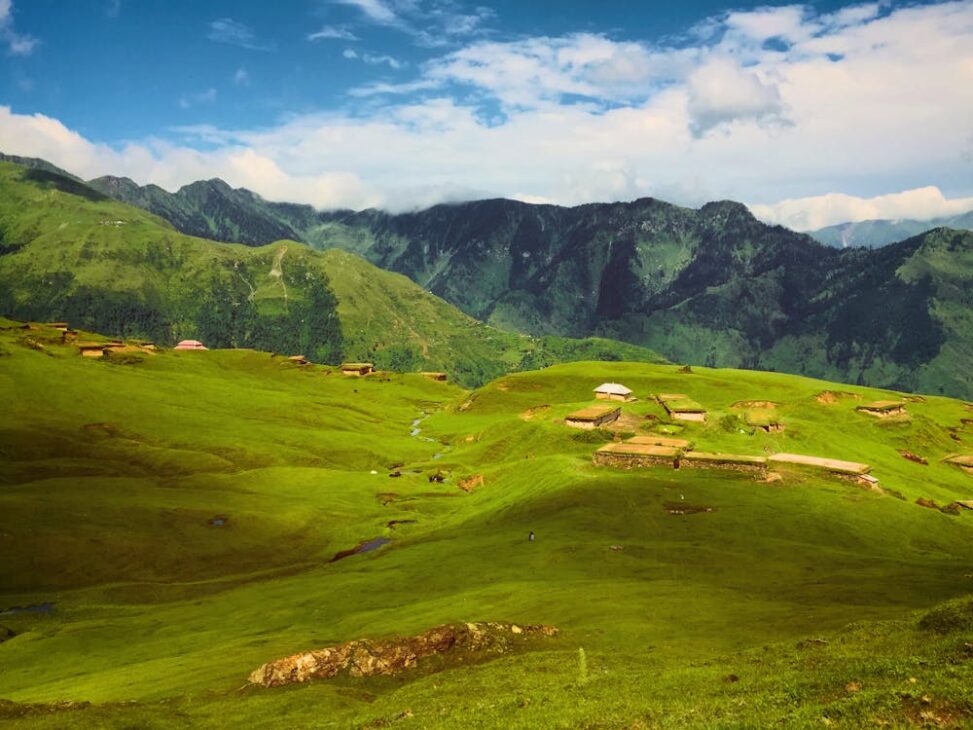India and Pakistan can’t get along!
Tensions between India and Pakistan have a long history, dating back to the partition of British India in 1947. At that time, the two states of India (predominantly Hindu) and Pakistan (predominantly Muslim) were created. Immediately after independence, the first war broke out over the Kashmir region, which both countries claim as their own. Since then, there have been several wars and numerous military clashes.
The current conflict escalated following a terrorist attack on tourists in Pahalgam, a town in the Indian part of Kashmir. India blames Pakistan for the attack, which Islamabad denies. Subsequently, India carried out airstrikes on Pakistani targets, to which Pakistan responded with retaliatory strikes. The situation is particularly explosive because both countries possess nuclear weapons and there is a risk of further escalation.
Kashmir remains a central point of contention, as the region is divided along the so-called “Line of Control,” but both states claim it entirely. Kashmir’s geopolitical significance, combined with religious and historical tensions, makes the conflict particularly complex and difficult to resolve.
The international community, including the G7 countries, has called on both sides to exercise restraint to prevent further escalation. However, the situation remains tense, and the risk of all-out war cannot be ruled out.
Is the use of nuclear weapons a threat?
The nuclear threat is often emphasized because escalation would take it to a completely new and catastrophic level. When states with nuclear weapons are involved in conflicts, concerns grow that a military conflict will become uncontrollable. Even if nuclear weapons have not been used yet, there is always a risk that a situation could spiral out of control.
Kashmir’s Nuclear and Historical Threat Scenario
1998: Following the two countries’ nuclear tests, then-Pakistani Prime Minister Nawaz Sharif declared that Pakistan was ready to use its nuclear deterrent if India attacked.
2002: During the crisis following the attack on the Indian parliament, Indian Defense Minister George Fernandes threatened that India was ready to use nuclear weapons if Pakistan escalated.
2019: Following the Pulwama attack, Pakistani Prime Minister Imran Khan declared that Pakistan would respond “befittingly” to any military aggression by India, which experts interpreted as an indirect nuclear threat.
2025: In the current escalation over Kashmir, both sides have emphasized their second-strike nuclear capability without issuing direct threats.
These threats are often part of the deterrence strategy of both countries to intimidate the opponent and prevent escalation.
+ + + Shantal’s blog + + +
Update: Trump announces ceasefire between India and Pakistan! Job well done Mr. President!




